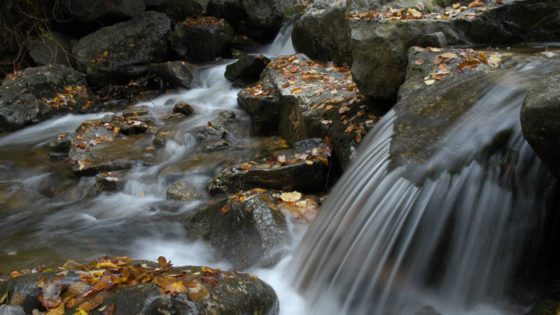Stroud Water Research Center biologists completed a project to better understand the threat of contaminants from agriculture entering the fish and drinking water supplies around the Río Sierpe and Río Grande de Térraba in southwest Costa Rica, the site of the largest intact mangrove forest on the Pacific coast of Latin America. Rice is one of the major crops in the area, along with banana and oil palm. Fish from a few locations are contaminated with legacy pesticides that may pose a health risk, but overall pesticide restrictions are being followed. Fish kills in association with pesticide application continue to occur periodically, and impacts should be evaluated. The Rainforest Alliance will consider these results when developing standards for rice that could be applied worldwide to certify farms as environmentally, economically, and socially sustainable.
Funded by: Blue Moon Fund
Principal Investigators: William H. Eldridge and David B. Arscott
Collaborators: Chris Wille, Oliver Bach, and Adriana Rodriguez Retana (Rainforest Alliance)
Project Years: 2011, 2012
Related News: Gone Fishin’: Evaluating the Threat of Agricultural Contaminants in the Río Sierpe
Related Publication: A preliminary water quality study of the Rio Sierpe and its tributaries (Costa Rica)


